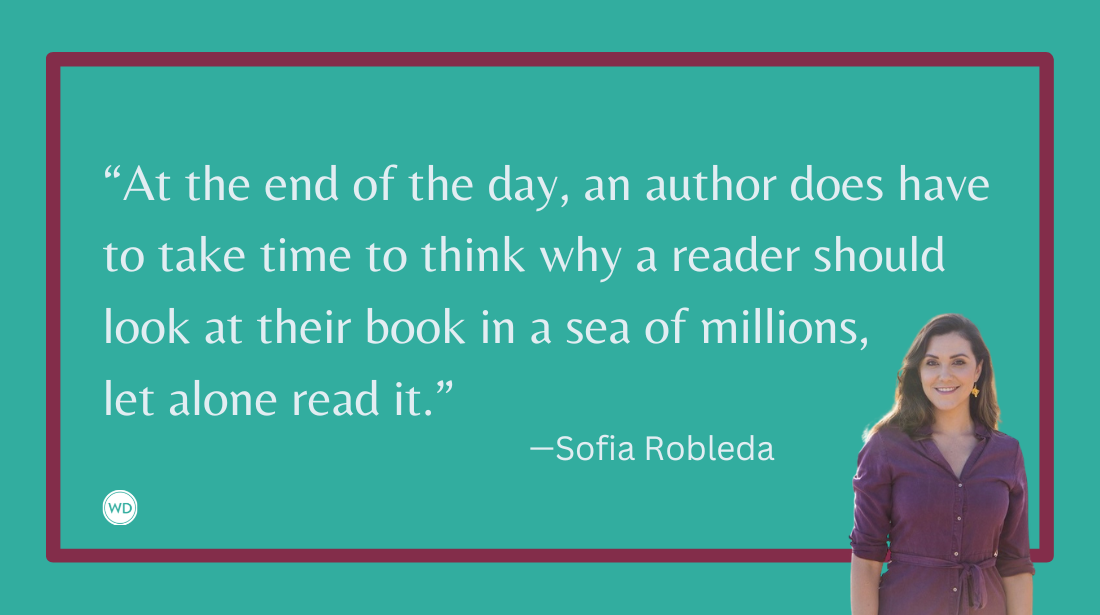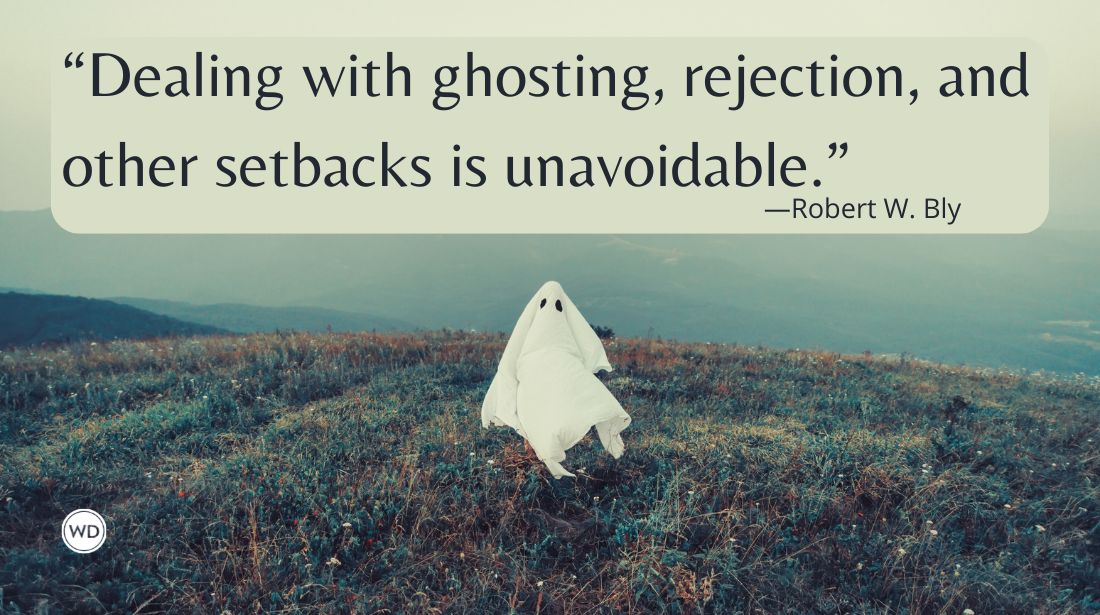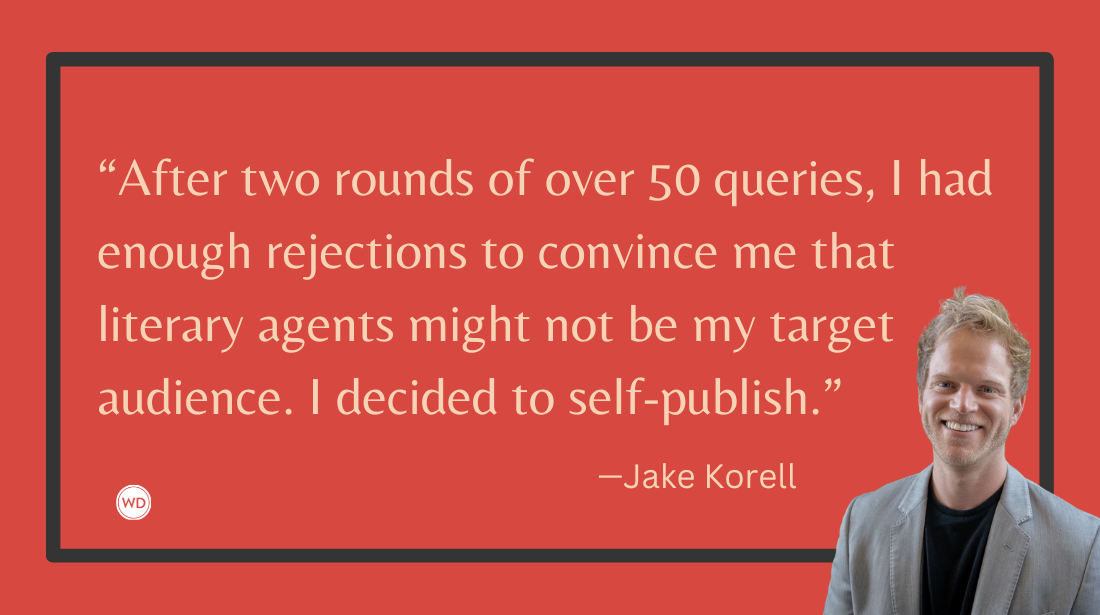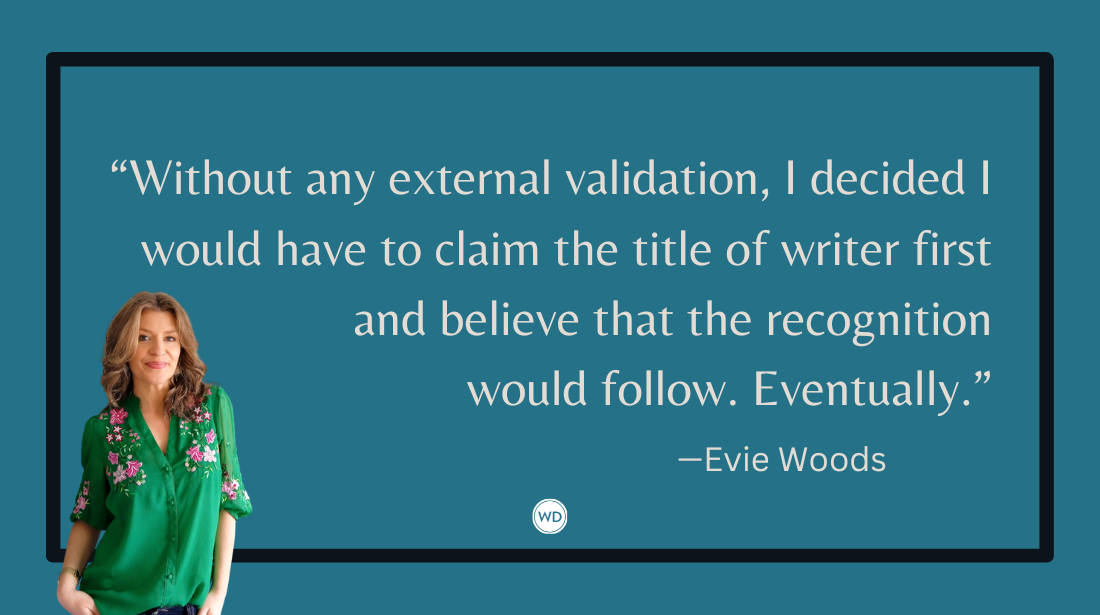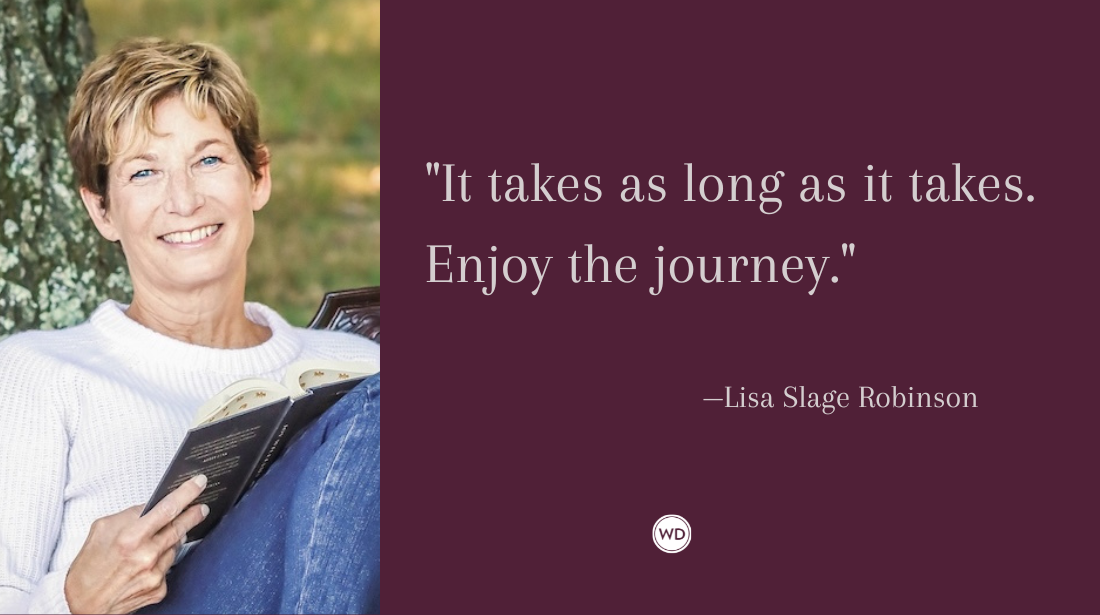The Difference Between an Author-Author and an Author-Entrepreneur and Why You Need to Know
If you want to write a book, for whatever reason, it’s important to know what kind of author you actually want to be so you know what strategy to use to sell books. Vickie Gould explains the difference and why it matters.
I’m getting that deer-in-the-headlights look as a response again.
When people tell me they want to write a book and they need help, I always ask, “What’s the purpose of your book?”
All too often I get that look along with, “I haven’t really thought about that,” or “I just want to inspire people.” Usually they’re more concerned about asking me which topic I think they should write on or if I think their storyline is good, but you can’t pick either until you know the answer to the above question because you won’t know why you’re even writing.
Is the book supposed to be a great story? Entertainment? To steal away to fantasy-land? Or is it to grow your business? To teach something important? To share your journey to entrepreneurial success?
What do you want the reader to get out of the reading experience? And what is your goal for writing the book?
According to Pollster, over 80 percent of Americans want to write a book. Maybe it’s purely to check off, “wrote a book” from the bucket list. Sometimes it’s because there’s something important to teach, like a seven-step process. Other times, it’s to write a novel, poetry or memoir.
If you want to write a book, for whatever reason, it’s important to know what kind of author you actually want to be so you know what strategy to use to sell books.
Author-Author vs. Author-Entrepreneur
You see, there are two types of authors. I like to call them, “author-authors” and “author-entrepreneurs.” The main difference between the two is that author-entrepreneurs own a business that their book is tied to and they make a living off of their business, which is partially fed by their book.
Let’s take a look at the two profiles.
Author-authors:
- Have books as their only product
- Create income solely from book sales and royalties
- Their business is books
- May write fiction or non-fiction
- Call themselves an “author” as their primary title
Author-entrepreneurs:
- Have a business that is tied to the subject of the book
- They use their book as leverage to feed sales of their other products or services
- Don’t care very much about royalties and may give books away
- Create income mainly from sales of products outside of their books
- Generally write non-fiction
- Call themselves by their business title and “author” secondarily
How Marketing Strategies Differ by Goal
You need to know which one you are because it dictates how you run your business, and yes, both are businesses. If you are an author-author, then you will focus on book sales, period.
If you are an author-entrepreneur, you will focus on leveraging your book to get bigger sales on your other products. You are in the business of turning readers into clients. Your book is a marketing tool, not your bread and butter.
Author-authors also generally have higher goals for the number of books they want to sell each month. That’s not to say that author-entrepreneurs don’t have big goals too, but they have the potential to reach their income goals with fewer book sales.
For example, if you leverage your book and seed it properly inside, allowing you to upsell your reader into your $500 product or $3,000 coaching package, how many books would you need to sell to hit your monthly income goal? Compare that to royalty checks and you’ll see that it would take far more from book sales alone to hit the same goal.
Neither type of author is better or worse; it just depends on what you want from your writing. Both have the potential of being a great way to make your living.
Here’s the thing though, you have to choose which one you want to be. You can’t have one foot in each camp or else your focus becomes cloudy.
How would it be if one day you want to sell your book for the maximum price because you’re acting like an author-author and the next day, you’re giving it away to a potential upsell client thinking they’re worth a free book because you might get a sale in the hundreds or thousands range. This just won’t do!
So you have to choose and now is the moment of truth. Which type of author do you want to be?
I hope you don’t have that deer-in-the-headlights look.
Vickie Gould is a Law of Attraction business and book coach, best selling author, and speaker. She helps entrepreneurs to write and self-publish their own business books to share their story, grow their following, and create more impact, reach and clientele. She has written 8 best sellers such as Hit Publish and Standing in the Gap, and helped 84 others to become best selling authors as well. Get her template, “How to Get the Book Out of Your Head and Onto Paper” at her website www.vickiegould.com





